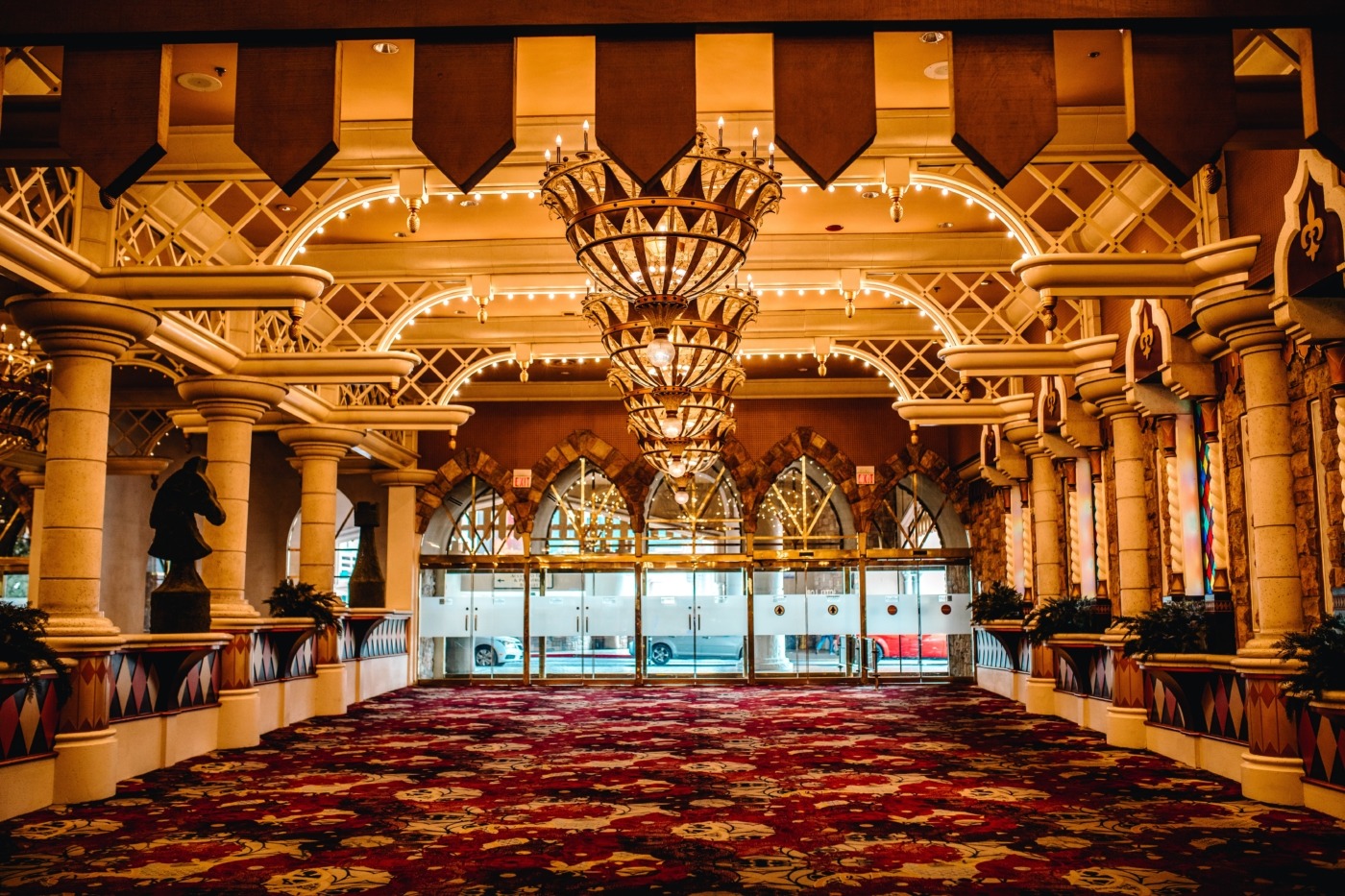The introduction of same-sex couples into Strictly Come Dancing
Now that we have reached 2020, many would claim that we have reached a progressive time in our attitudes towards the LGBT community. And it seemed to be the case that, in November 2019, Strictly Come Dancing had broken a new mould in mainstream British television with its first same-sex dance on the show, highlighting how accepting we as a nation have become. Unfortunately, nearly 300 people beg to differ.
These 300 critics are a reminder that LGBT individuals are not as inherently welcome on mainstream television as we all like to believe they are
Not only did 189 viewers write in to the BBC following the episode, featuring a dance between Graziano Di Prima and Johannes Radebe, but 103 critics voiced their objections as well. After coming so far over the past decade in LGBT acceptance, knowing there are still so many people that would actively object to this is a hard pill to swallow. In spite of the overwhelmingly positive wave of posts flooding social media following the episode’s release, these 300 critics are a reminder that LGBT individuals are not as inherently welcome on mainstream television as we all like to believe they are.
But the problem lies deeper than the outward critics that chose to write into the BBC. Whilst the introduction of same-sex routines to the show does spark an excitement in me for the growing representation in popular evening viewing, there is something in the back of my mind telling me that I shouldn’t be applauding them for something they should have done a long time ago. Dancing On Ice also featured their very first same-sex dance in January 2020, and despite engendering widespread support, it was marked by The Metro as not a “triumph”, but a “wake-up call”.
Why should we applaud a show that has only just introduced this as a prospect, and not even as a regular feature?
In reality, same-sex dances should already have been featured on these shows. Whilst, of course, the 300 complaints are a more direct demonstration of the negative attitudes towards LGBT representation in the public eye, why should we applaud a show that has only just introduced this as a prospect, and not even as a regular feature? The barriers of sexuality in traditional ballroom dancing are only just starting to be stretched, which has sadly forced us to come to terms with how blinded we continue to be regarding minority representation.
Homophobia is buried deeper than verbal or physical abuse; homophobia is something that is carved into the minds and attitudes of this country on what is considered ‘normal’, whether you choose to notice it or not. When we grew up watching shows like Strictly Come Dancing and Dancing on Ice, we were conveniently sheltered from watching openly queer individuals express themselves alongside their heterosexual peers. From this grew generations of people feeling like outcasts, and an encouraged minority that felt empowered enough to call them wrong.
Our energy should instead be focused on, not applauding, but affirming these actions, so we can set the precedents we want to be set
Yet, it is always easy to focus on the negative in times like these. Sometimes it feels impossible to remind yourself of the heartwarming support that dominated social media after the episodes aired. Despite the fact the BBC was faced with an alarming negative response following their same-sex dance, the group speaking out is an ever-dwindling one. And if we continue to point the blame at those who didn’t act as quickly as they should have, we begin to waste our anger. Our energy should instead be focused on, not applauding, but affirming these actions, so we can set the precedents we want to be set.
Maybe it’s time to consider what aspects of ‘normal’ are being not being shown on television and encourage more change than we are seeing
The 300 who spoke out against Strictly Come Dancing are only the start of an issue we’re just beginning to address. Institutionalised homophobia and discrimination remain embedded in the foundations of our country, and although it is not the most pressing of LGBT issues, it still holds importance to those that continue to feel like outcasts. In a world where homosexuality is criminalised in 73 countries, maybe it’s time to consider what aspects of ‘normal’ are not being shown on television, and encourage more change than we are seeing.

Comments